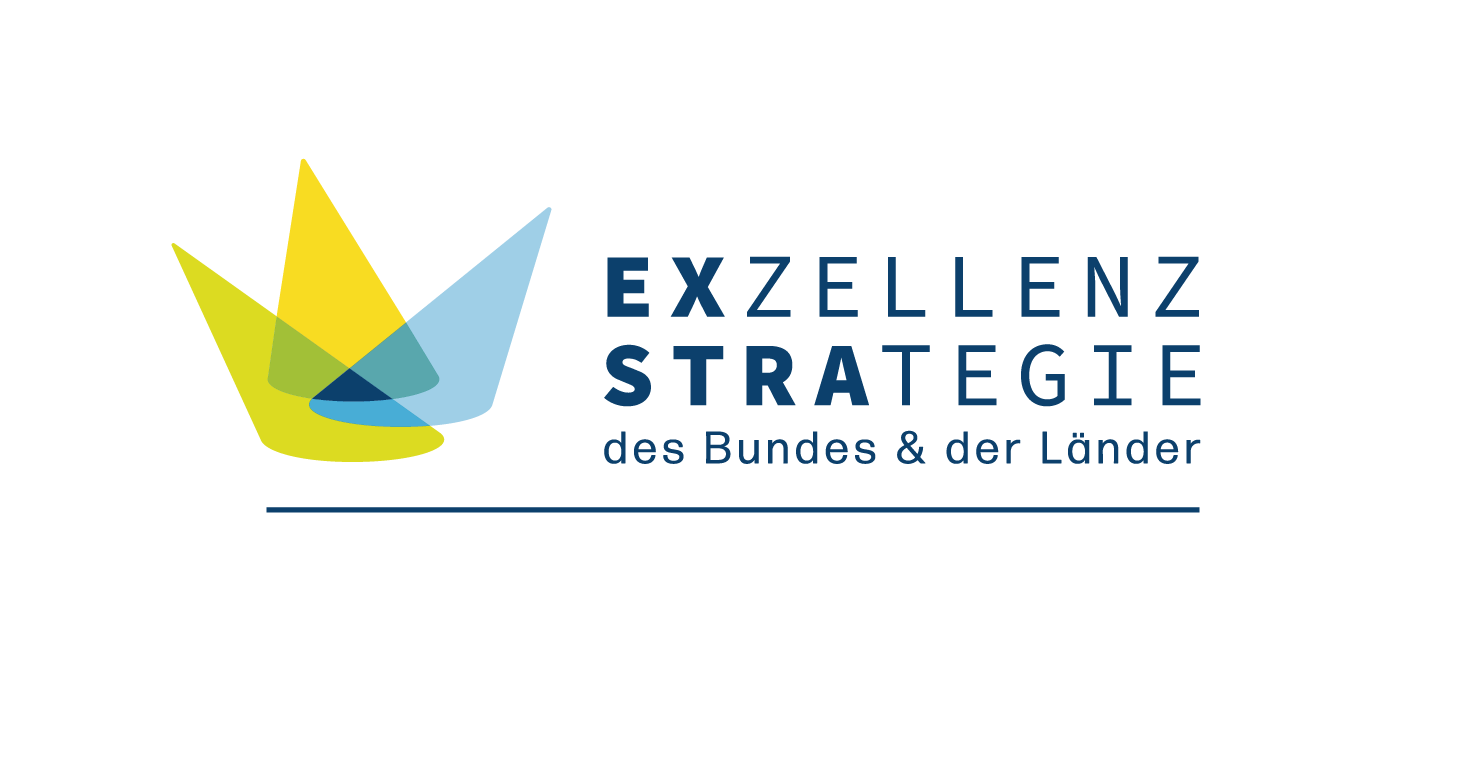The Excellence Commission has selected 70 Clusters of Excellence from 98 proposals under the Excellence Strategy. They are based at 43 universities and will receive total funding of €539 million per year for seven years starting on 1 January 2026.
Of the six research projects submitted by the University of Technology Dresden, five have been selected as Clusters of Excellence. This was announced by the German Research Foundation (DFG) and the German Science Council (WR) on 22 May 2025. The Leibniz Institute for Solid State and Materials Research (IFW Dresden) is significantly involved in two of the submitted proposals.
The IFW Dresden congratulates the successful initiatives and looks forward to contributing to these forward-looking research areas in the coming years.
Quantum Materials Research Enters Second Funding Phase
The Excellence Cluster ctd.qmat – Complexity, Topology and Dynamics in Quantum Matter (formerly ct.qmat) has now successfully entered its second funding period. By expanding its focus to include quantum dynamics, the cluster is further strengthening research on next-generation materials.
The dynamic properties of topological materials open up new opportunities for the application of quantum technologies and for the innovative development of novel device concepts.
With six new professorships to be established during this phase, ctd.qmat will continue to grow and expand its international visibility. The IFW Dresden is once again a key partner, contributing with three principal investigators: Prof. Bernd Büchner, Prof. Jeroen van den Brink, and Prof. Yana Vaynzof. Together with TU Dresden and the University of Würzburg, the institute will continue to play a leading role in both theoretical and experimental research.
The second funding phase will also see major infrastructure development, including the construction of a new research building, jointly operated by TU Dresden and IFW Dresden from 2029 onwards. This new facility will focus especially on applied quantum materials research and the transfer of scientific results into future industrial applications. As such, the building also stands as a visible symbol of the long-term consolidation of this successful collaboration at the level of world-class research.
Sustainable Electronics for Future Technologies
The newly approved Excellence Cluster REC2 – Responsible Electronics in the Climate Change Era brings together an interdisciplinary research team to lay the scientific foundations for responsible, future-proof electronics. The goal is to develop new material platforms, device concepts, and integrated systems that are more sustainable from environmental, economic, and social perspectives.
The proposal was led by Prof. Yana Vaynzof, who has headed one of the five IFW institutes since 2023 and holds a joint appointment with TU Dresden. She contributes particular expertise in material platforms, energy-efficient components, and system integration, with a focus on the development of high-efficiency semiconductor materials for solar cells.
Alongside her, Prof. Anjana Devi and Prof. Kornelius Nielsch, also from IFW Dresden, are actively supporting the new cluster in leading roles.
With REC2, a strong scientific network is now emerging that redefines electronics research – resource-conscious, responsible, and application-oriented.
The IFW Dresden is proud to be a strong institutional partner in both clusters and looks forward to actively contributing to the advancement of these key research areas in the years to come.
Media Contact
Patricia Bäuchler
Communication
eMail: p.baeuchler[at]ifw-dresden.de







